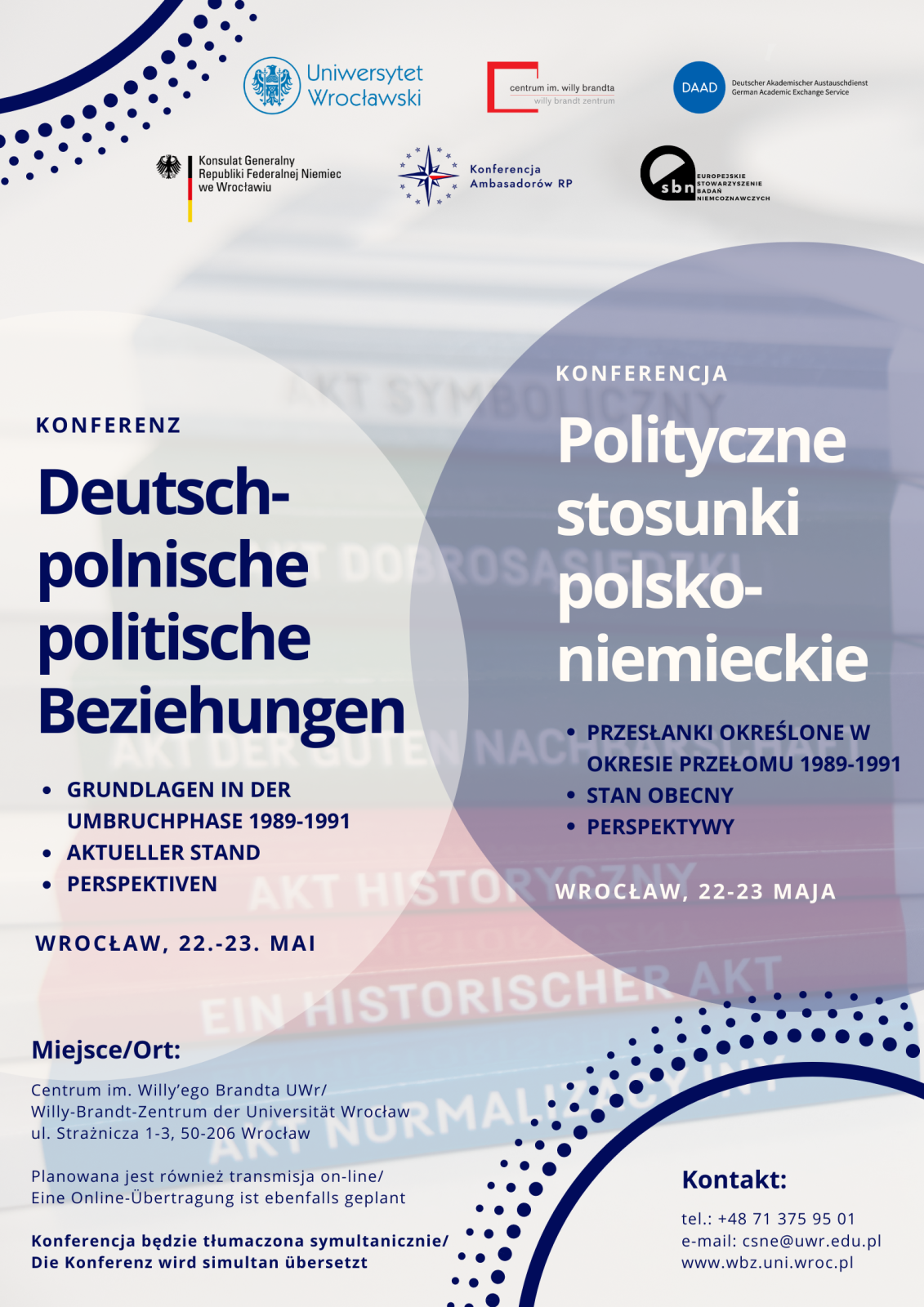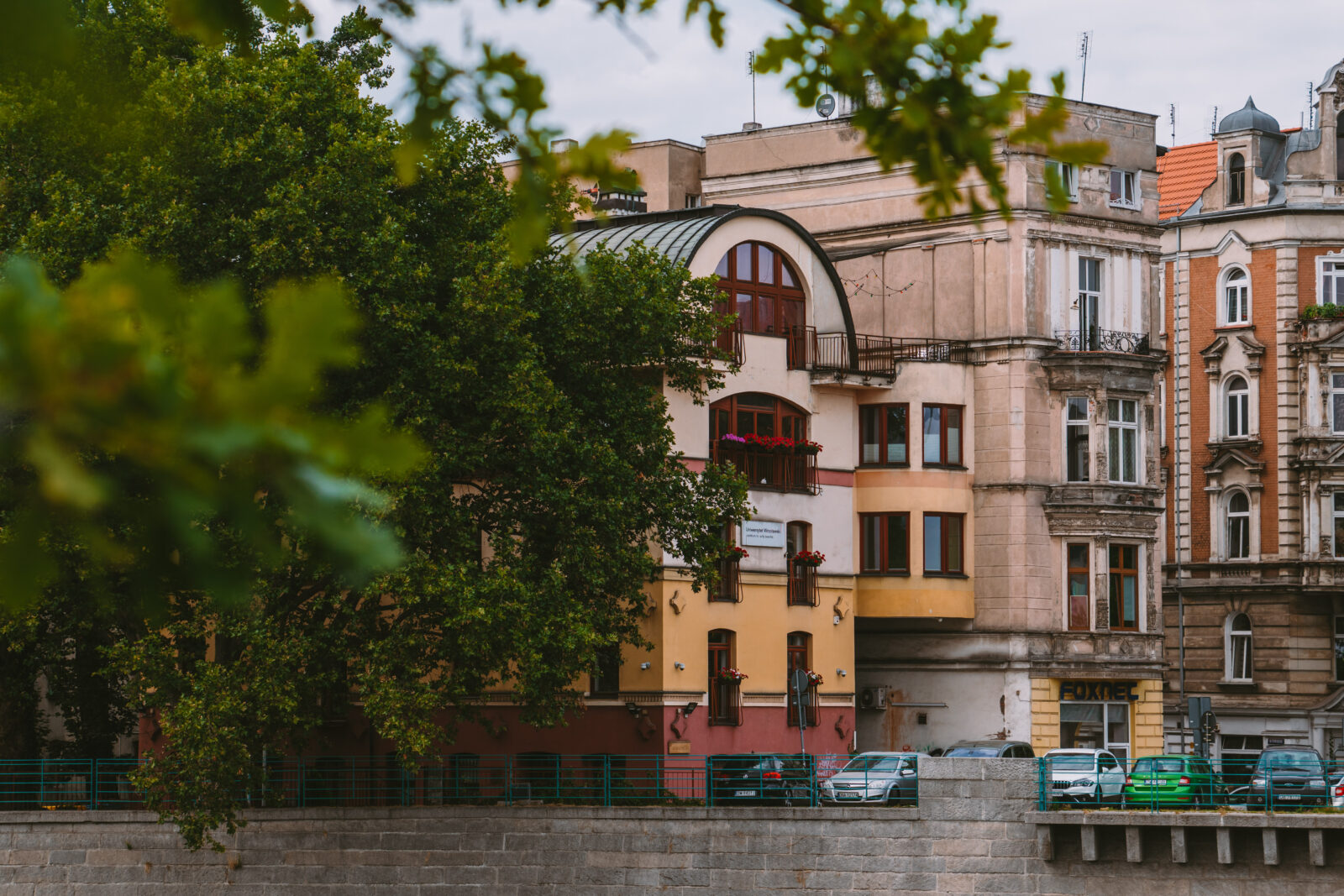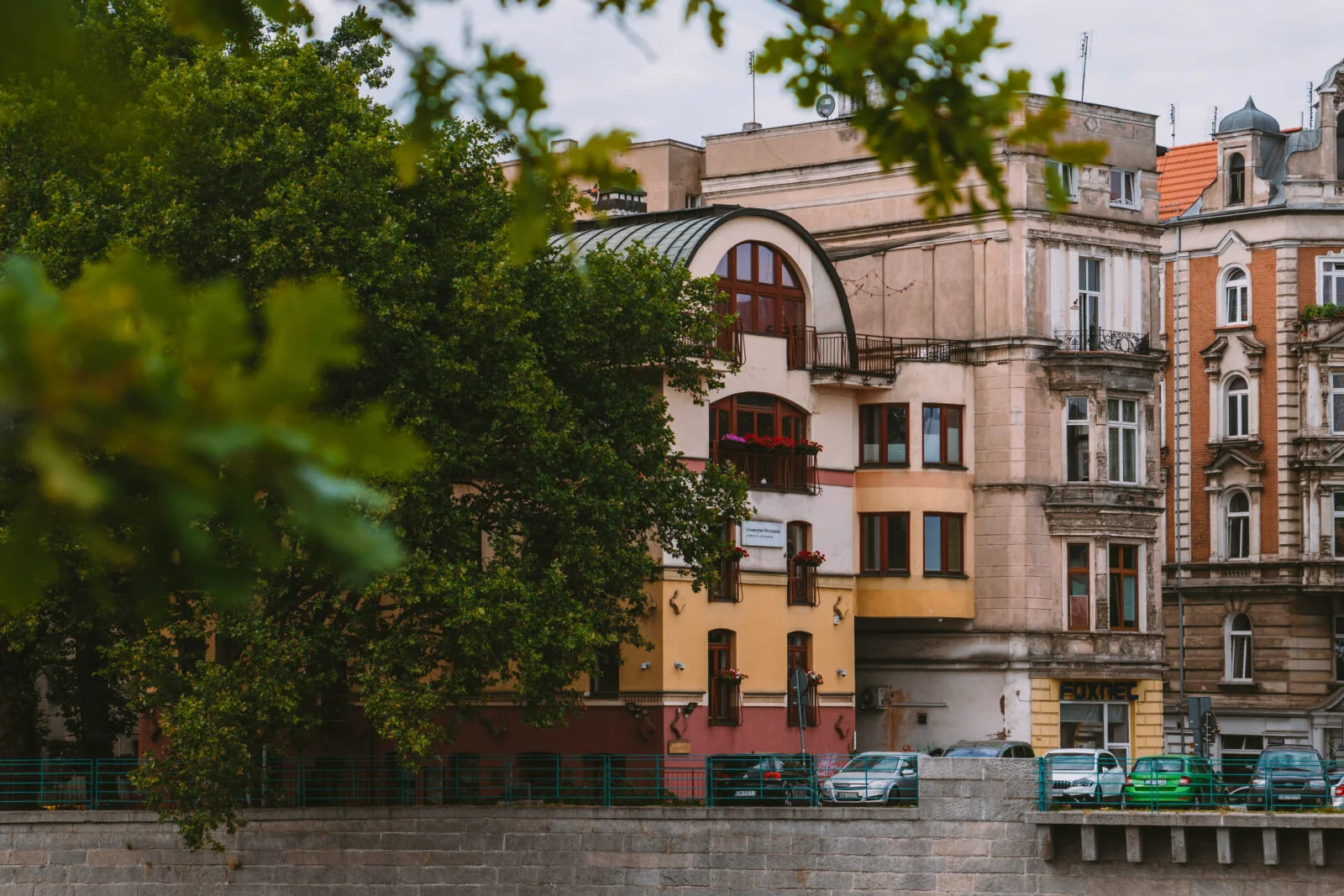Willy Brandt Center for German and European Studies, together with the Consulate General of the Federal Republic of Germany in Wrocław, the Conference of Polish Ambassadors and the European Association for German Studies, invite you to the conference ‘Political Polish-German Relations’, which will take place on May 22-23:
- Premises defined in the period of the turn of 1989-1991
- current state
- perspective
The event will be translated simultaneously.
The event will be translated simultaneously.
In the years 2020-2023, Willy Brandt Center for German and European Studies implemented an academic project, which resulted in the publication of five books on Polish-German treaties. The treaties laid the foundations for relations between independent Poland and united Germany (the German-Polish Border Treaty signed on November 14, 1990; the Treaty of Gold Neighbourship and Friendly Cooperation signed on June 17, 1991; the agreement of October 16, 1991, on benefits for victims of Nazi crimes).
The project also recalled the Treaty of Warsaw of December 7, 1970, and the Two Plus Four Agreement signed on September 12, 1990, which not only opened the way to German reunification but also laid the foundations for a new “European architecture”. In the first part of the conference, the project coordinators – Professor Krzysztof Ruchniewicz and Professor Jan Barcz will discuss its structure, results, and importance.
Recalling the importance of the above-mentioned treaties is very important because the disregard for the conditions established at that time became the main cause of the collapse in Polish-German political relations in recent years. These relations are currently bad, which has a particularly negative meaning in the context of the challenges related to the reform of the European Union, and especially in the context of the war in Ukraine caused by Russian aggression, which requires coherence and efficiency of the EU and NATO, of which Poland and Germany are significant members.
The second part of the conference – ‘ambassadors’ panel’ will be devoted to the current state of political Polish-German relations and the prospect of restoring these relations (especially in the context of elections in Poland this autumn) to a level corresponding to the challenge of ‘Polish-German community of values and interests’. It will be attended by the former Polish ambassadors in Germany (Jerzy Kranz and Marek Prawda), the former German ambassador in Poland (Arndt Freytag von Loringhoven), and the former minister of foreign affairs of the democratic GDR (Markus Meckel). The conference will be closed by a panel organised by students. Its aim is to give voice to young people and get to know their opinions on Polish-German relations and their prospects. Eventually, they will soon shape their character and scope more and more.
Translated by Milena Topolska (student of English Studies at the University of Wrocław) as part of the translation practice.






